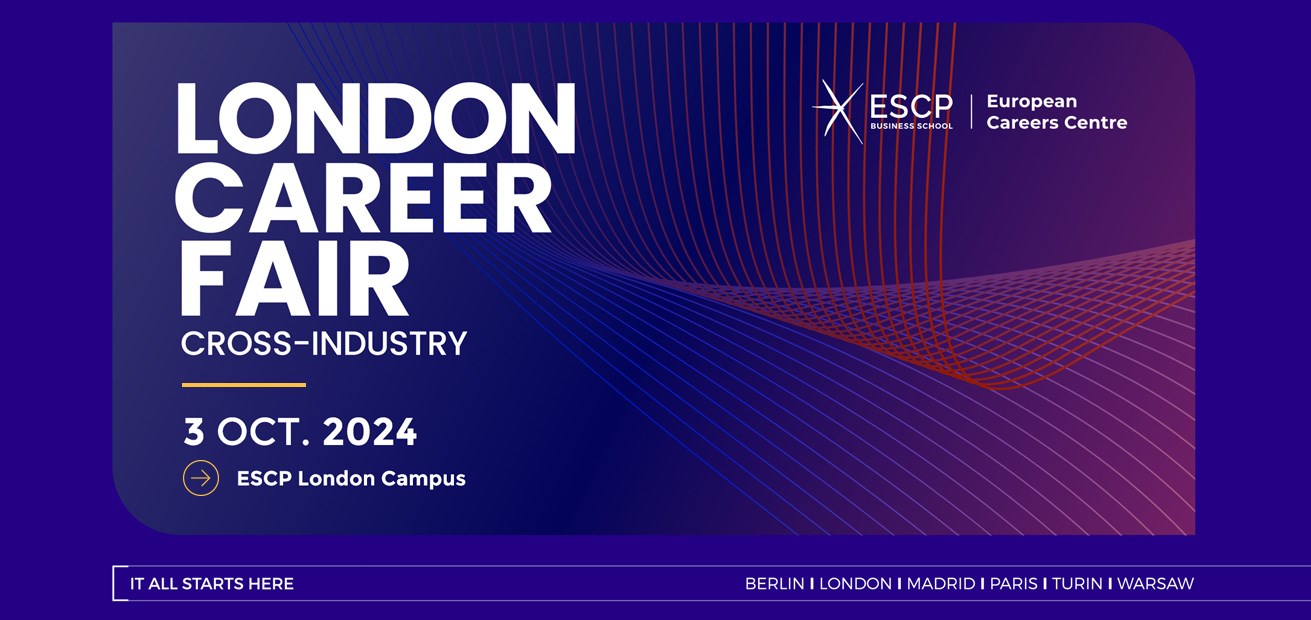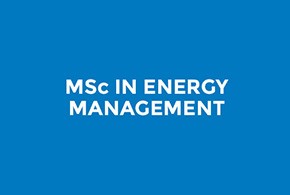| |
| |
|
Editorial
We remind you that on October 3rd , ESCP's London Campus will host its Annual Career Fair. This event brings together top companies across various industries and over 400 high-calibre multilingual students from programmes, such as the MSc in Energy Management, MSc in Digital Transformation Management and Leadership, MBA in International Management, Master in Management, and Bachelor in Management. More details are available here.
Research:
1. The working paper titled "Climate Change is Just Brain Chemistry Gone Wrong" by Anne Viallefont is available here.
2. The working paper titled "Unplugged Potential: The Bold Promise of Repurposed EV Batteries in Shaping Our Energy Future" by Aman Kumar is available online here.
3. The working paper titled "Two Sides of the Carbon Coin: Compliance and Voluntary Carbon Markets" by Omkar Kajrolkar and Raghav Sharma is available here.
Energy Programmes at ESCP:
Applications for the October 2025 intake of our MSc in Energy Management will open this fall. If you want to check your eligibility and learn about the admission process you can book a consultation with the admissions team here and submit your CV for a review.
Applications for our Executive Master in Future Energy is open for the February 2025 intake. For more information on the programme, please click here.
Finally, to keep up-to-date on all activities at the Centre, we invite you to join our LinkedIn group, Energy Management @ ESCP Business School.
|
| |
|
| |
|
Events
|

|
ESCP Business School & EMC
3rd October
|
ESCP London Campus
London Career Fair
ESCP Business School (established in 1819) is a hub for purpose-driven leaders who are ready to make an impact from day one. The ESCP London Campus plays a crucial role in bridging academia and the business world. The Careers Centre, through its industry-specific networking events, guest lectures, internship programmes, and exclusive recruitment fairs, offers a unique opportunity for partners to engage with high-calibre students and explore promising career paths.
|
|
Energy Programmes
|

London - Paris - Internship
|
|

|
|
|
|
|
Our Mission
|

|
|
The EMC Advisory Board
|

The EMC Advisory Board is comprised of top energy experts from the world's industry leaders in both the public and private sectors.
- The curriculum of the MSc in Energy Management, ensuring the specialisation meets the needs of participants on academic and professional levels.
- Research that makes significant impact on best business practices.
- Current and future activities which benefit the EMC's partners, affiliates, students and alumni.
|
|
|
Research
|
EMC Working Papers
The Intersection of Neurochemistry and Environmental Cognition in Climate Change
Let me introduce you to the concept of relativity, particularly relative status. Why can we not stop consuming? A first hint is the very nature of human survival and social structures. Within these social structures, hierarchy and hence status is particularly important. However, we have not evolved to have an absolute criterion for reaching a certain status, as it wouldn’t be viable on largely different scales. That is why we rely on relative status. As you may already know, our brain relies on neurotransmitters to carry electrical signals from one neuron to the next.
|
|
EMC Working Papers
Are We Creating a Compromise?
Every year in the United Kingdom and Australia, thousands of incidents involving devastating fires linked to batteries in waste management facilities or vehicles are reported. Paradoxically, these are facilities meant to contain such hazardous activities. Furthermore, headlines such as “Batteries Starting Fires at Yellowknife’s Landfill, City Says,” posted by Cabin Radio, report unreported hazardous incidents potentially linked to batteries, and are becoming more common around the globe. These reports and news are increasingly alarming because they come at the cost of life, property damage, and monetary losses, and given the fact that we heavily rely on batteries for the energy transition, they could lead to safety and environmental compromises if not treated properly.
|
|
|
| |
|



















